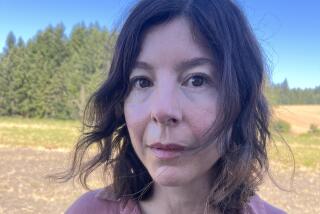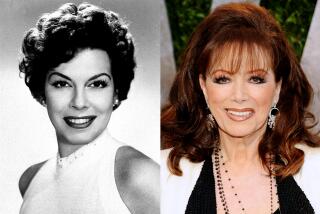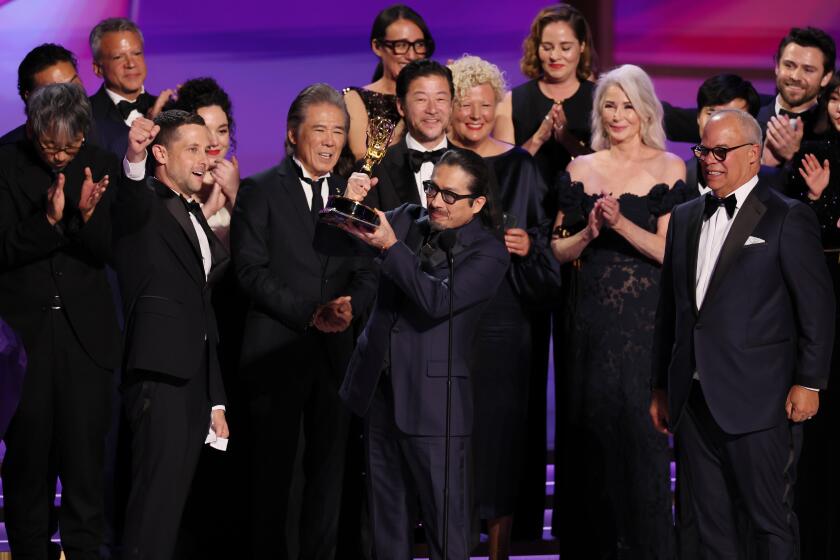Book review: ‘Lots of Candles, Plenty of Cake’ details good life
It says “memoir” on the jacket of this book, and this time, it’s true.
Anna Quindlen has been the diarist of baby boomers, and women boomers especially, since she began writing at the age of 18 for the New York Times, where her columns won a Pulitzer Prize and whence she launched a second career as author and novelist.
Quindlen helps to tidy up the word “memoir” from the grime it acquired at the hands of “memoirists” like James Frey and Margaret Seltzer, the word winding up in that fantasist’s dictionary where the definition of “memoir” is “stuff I just make up.”
“Lots of Candles, Plenty of Cake’’ is certainly her own: She turned 60 on Sunday. This isn’t a buccaneer’s story — Quindlen, for all her confessions about her young self’s foibles, is a textbook good daughter, good wife, good mother, good professional and now, even with all of those advantages, is wrestling with the specter of being an older woman in a society that’s unwelcoming to both.
She has earned her Purple Hearts in the journo trenches, a perpetual observer of her own wide-reaching life, which she uses here as a marker for women of her era. For her readers, a natural amen chorus for this book, she is a kind of Oprah of the printed page. But this is a “class action memoir” in two senses: Quindlen homiletically distills the shared experiences of millions of women moving from youth to age, but the “class” part defines the book’s limitations.
There are more than 70 million baby boomers, and very few of them lead so fortunate a life as Quindlen, who has a national reputation, a durable marriage, two homes, three kids and many choices.
The “you can” permission slip of the liberated generation doesn’t mean “I can” for every woman in it. Women without college degrees, women with jobs (not careers), women with children but no husbands, find that their choices are far more limited than Quindlen’s, even though the same crises may be visited upon their lives too: ailing parents, empty nests, growing older, changing priorities and the fear, she writes, not of death but “of weakness and incapacity.”
She acknowledges her privilege, and her debt to “the succession of women who came before me.” Quindlen’s successful life is authentically and deservedly her own, but the worthy morals she draws from incidents like the lightning strike on her family’s country place in Pennsylvania can get waylaid by just that — a country place in Pennsylvania! It’s a paradox she struggles with.
There are chapters that would resonate with any woman old enough to run for president, with titles like “Girlfriends” and “Older” and “Mirror, Mirror,” whether the mirror is an antique silvered one or the rear-view one in a minivan in need of a tuneup.
What I really liked were moments about other women, like Charlotte Curtis, the New York Times editor who cracked the glass ceiling with white-gloved fists, and, it turns out, secretly paid the bail for feminists arrested for protesting at the 1968 Miss America pageant (an organization that, I was dismayed to learn years ago, is the single biggest source of women’s scholarship money in the world).
A woman with a good marriage has a lot to say about men, and as Quindlen runs through her tick-list of women’s obstacles, like constant self-scrutiny, she points out, “men have not had to deal with these same experiences or demands. The world still permits them to live relatively unexamined lives in terms of how to see themselves.… They wake up at sixty and find themselves flabbergasted if they’re not masters of the universe.’’
Women confront these realities for much of their lives. I always thought one of the few advantages women hold over men is that, by the time we are 40 or so, we stop wasting energy wondering whether every man we meet wants to get us in the sack. Men never get past that. Maybe Quindlen should write a cake-and-candles for them.
The late Nora Ephron wrote about such matters more startlingly and selectively — about her neck, for example. Quindlen is more thorough, but, like everyday life itself, less vivid. We baby boomers tend to think we discover everything. Yet an earlier generation had its Anna Quindlen, in Erma Bombeck, a feminist wearing an apron as a disguise.
The book is a cozy feedback loop, the perfect comfort food for its enormous demographic — the kind of communal comfort food that, as long as we’re on the subject of aging and death, people bring over after a death in the house. It doesn’t matter whether it’s Tuna Helper or cassoulet — it’s always about the sharing.
More to Read
The biggest entertainment stories
Get our big stories about Hollywood, film, television, music, arts, culture and more right in your inbox as soon as they publish.
You may occasionally receive promotional content from the Los Angeles Times.











